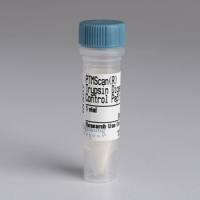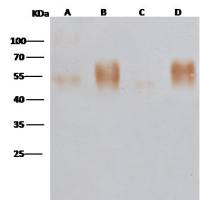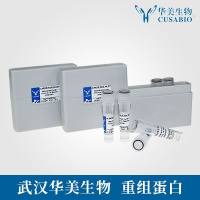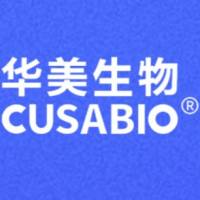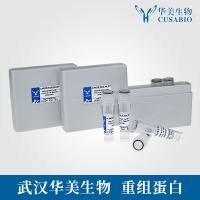Redox agents have been historically considered pathological agents which can react with and damage many biological macromolecules
including DNA, proteins, and lipids. However, a growing number of reports have suggested that mammalian cells can rapidly
respond to ligand stimulation with a change in intracellular ROS thus indicating that the production of intracellular redox
agents is tightly regulated and that they serve as intracellular signaling molecules being involved in a variety of cell signaling
pathways. Numerous observations have suggested that some members of the Ras GTPase superfamily appear to regulate the production
of redox agents and that oxidants can function as effector molecules for the small GTPases, thus contributing to their overall
biological function. In addition, many of the Ras superfamily small GTPases have been shown to be redox sensitive, thanks
to the presence of redox-sensitive sequences in their primary structure. The action of redox agents on these redox-sensitive
GTPases is similar to that of guanine nucleotide exchange factors in that they perturb GTPase nucleotide-binding interactions
that result in the enhancement of the guanine nucleotide exchange of small GTPases.
Thus, Ras GTPases may act both as upstream regulators and downstream effectors of redox agents.
Here we overview current understanding concerning the interplay between Ras GTPases and redox agents, also taking into account
pathological implications of misregulation of this cross talk and highlighting the potentiality of these cellular pathways
as new therapeutical targets for different pathologies.
